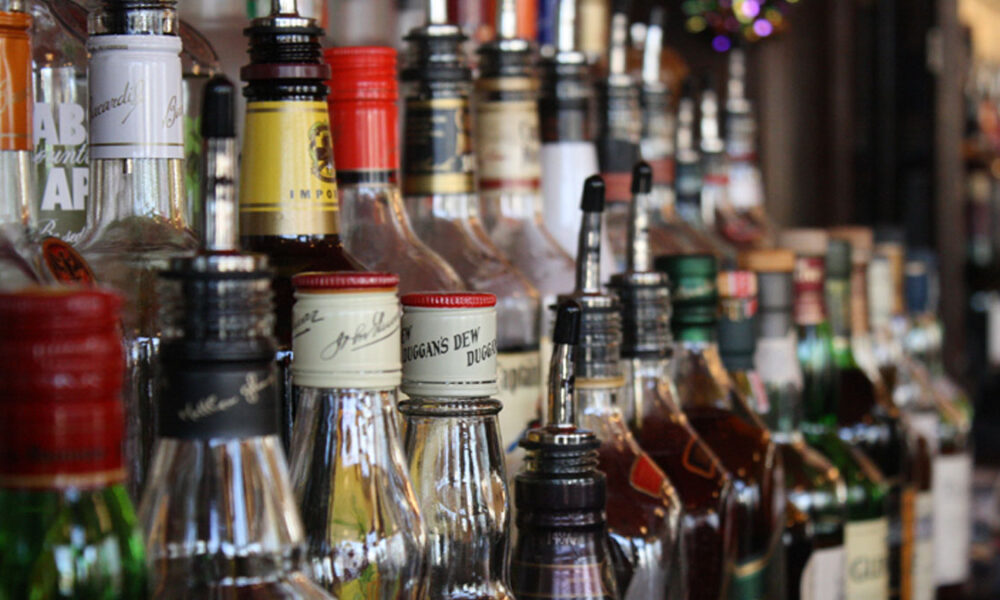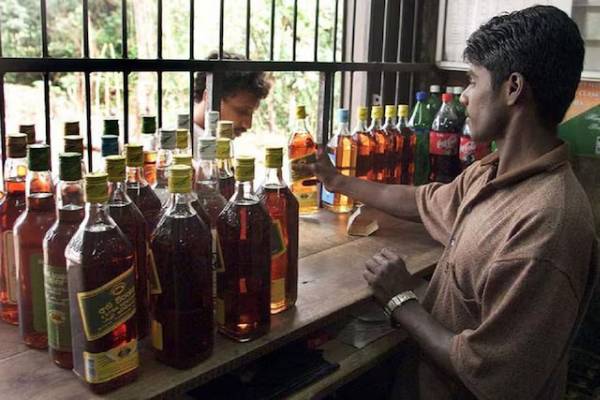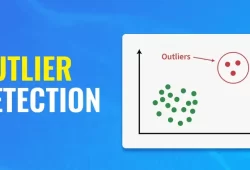 Posted On
Posted On
What It Takes to Qualify and Sell Liquor Licenses in Florida
 Posted On
Posted On
What does it take to qualify for and sell liquor licenses in Florida? The process involves meeting state requirements and following specific regulations. Let’s explore the key factors and steps essential for success.
1. Understanding Liquor License Types in Florida
To qualify for and sell liquor licenses, it is important to understand the types available in Florida. Knowing where you can sell liquor licenses and how they apply is crucial to navigating this market effectively. Permits vary based on the type of business and the type of alcohol sold.
There are three primary categories: quota licenses, special licenses, and temporary licenses. Quota licenses allow businesses to sell all types of alcoholic beverages and are limited in number. Special licenses, often issued to restaurants, require a certain percentage of revenue to come from food sales. Temporary permits are issued while the application process for a permanent license is underway. Each license type has unique requirements and limitations, making it essential to select the right one for the business.
2. Qualifying to Sell a Liquor License
Selling a liquor license requires meeting eligibility criteria set by the state. The Department of Business and Professional Regulation (DBPR) oversees this process. Both individuals and businesses can sell licenses, but all sellers must comply with specific regulations.
- Licenses must be valid and active.
- Sellers should ensure there are no outstanding fines or violations.
- Proper documentation, including proof of ownership, is required.
- A transfer application must be submitted to the DBPR.
- Sellers must disclose any liens or encumbrances on the license.
Meeting these criteria ensures the transaction process is smooth and legal. Proper preparation prevents delays or complications in transferring ownership.
3. The Process of Selling a Liquor License
Selling a license involves several steps that must be followed carefully. The first step is finding a buyer who meets the state’s qualifications. Buyers must complete a background check and submit an application to the DBPR.
The seller and buyer then negotiate the terms of the sale, including price and payment conditions. After an agreement is achieved, the transfer application is filed for approval. This process can take weeks or months, depending on the severity of the condition it is better to consult a professional for smoother processing.

4. Benefits of Working with a Broker in Florida
Hiring a broker offers significant advantages when selling a liquor license. Brokers are knowledgeable about the market and can connect sellers with qualified buyers. They simplify the process by managing paperwork and ensuring compliance with state regulations.
Brokers also provide accurate valuations based on market trends and license demand. They help sellers avoid common pitfalls, such as underpricing or legal errors. By acting as intermediaries, brokers facilitate smoother negotiations and transactions. Their expertise can save time and reduce stress. For many sellers, working with a broker is a valuable investment that ensures a successful sale.
5. Challenges in Selling Liquor Permits
Florida’s quota system limits the number of licenses, creating high demand and competitive pricing. Sellers must navigate these challenges while ensuring compliance with the law.
Market fluctuations can affect the value of a license, making timing critical. Legal requirements in Florida, such as background checks and documentation, add another layer of complexity. Despite these challenges, careful planning and professional assistance can lead to a smooth and profitable transaction.
Qualifying the sale of liquor permits in Florida requires compliance with state regulations and careful preparation. Understanding where you can sell liquor licenses and the types available ensures a smoother process. With the right approach and professional guidance, sellers can navigate the complexities of the market effectively. Choosing the right resources and strategies makes the process both manageable and successful.





